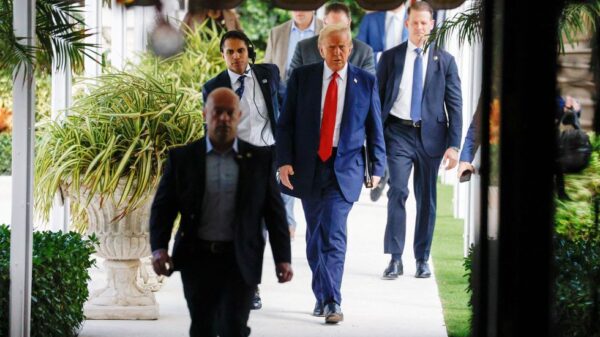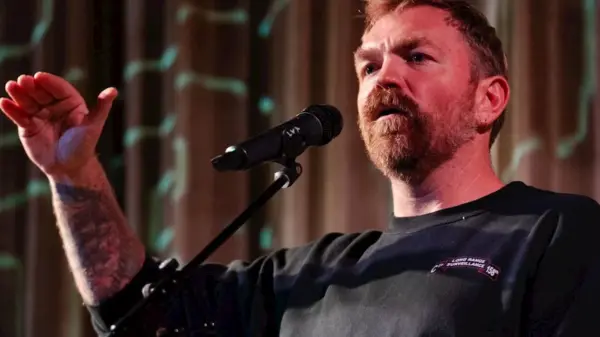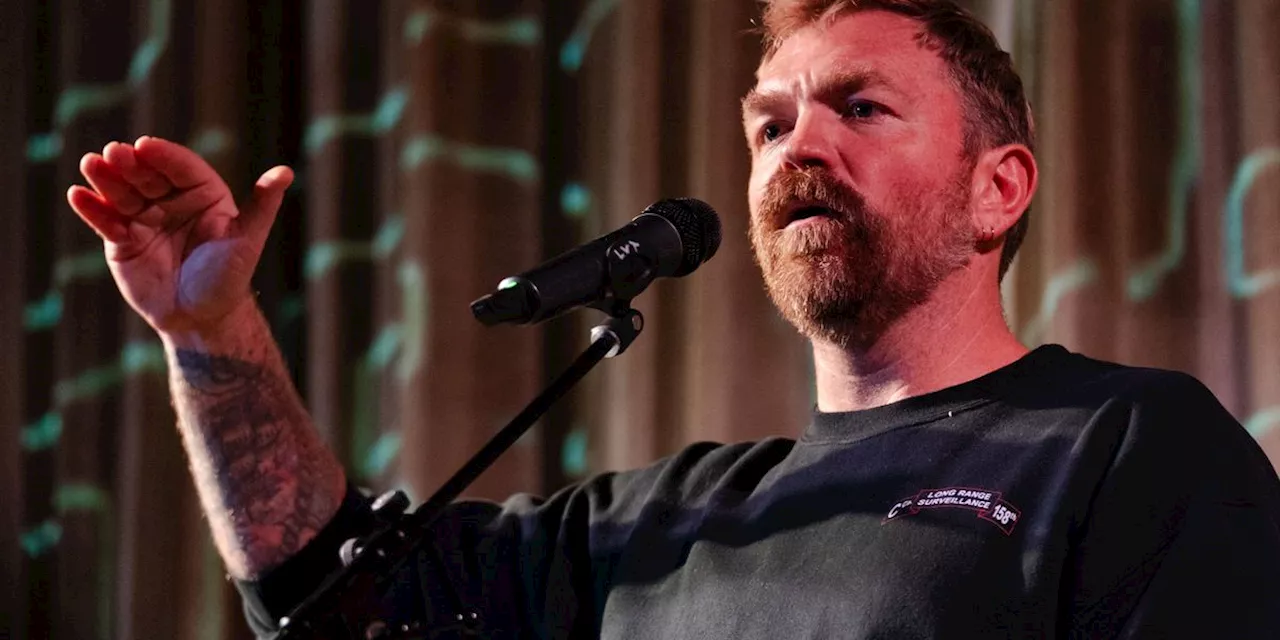During a campaign event in Caribou, Maine, Democratic Senate candidate Graham Platner made headlines by asserting that the existence of billionaires is unjustifiable in a society where many working-class individuals struggle to meet basic living expenses. His comments, which echo sentiments recently voiced by music artist Billie Eilish, were captured in a video clip shared on social media.
Platner, a military veteran and oyster farmer, emphasized the disparity between the wealthy elite and the working class, stating, “Nobody works hard enough to justify $1 billion.” He highlighted the plight of individuals holding multiple jobs yet unable to pay their rent, reflecting a growing concern about economic inequality in the United States.
The candidate criticized the economic structures that allow billionaires to accumulate vast wealth while ordinary citizens remain locked out of financial stability. “It’s not merely hard work that gets you that kind of success,” Platner argued, pointing to systemic issues such as the tax code that favor the wealthy. “We all know it’s the structures. It’s the tax code. That is what allows that money to get accrued.”
Systemic Inequality and Calls for Change
Platner’s remarks align with a broader conversation about wealth distribution, particularly as he links the rise of billionaires to political decisions influenced by those very billionaires. “The world that we live in today is not organic. It is not natural,” he explained. “The political and economic world we have did not happen because it had to. It happened because politicians in Washington and the billionaires who write the policies that they pushed made this happen.”
The solution, according to Platner, involves reversing these policies to prevent the concentration of wealth and power. “We need to make it illegal again to do that,” he insisted, urging his audience to recognize the power of organized action among the working class.
Platner’s comments have resonated with many, especially as Eilish recently called attention to the wealth gap during an event in New York City. She posed a provocative question to billionaires in attendance: “If you’re a billionaire, why are you a billionaire?” This sentiment has garnered significant attention, with Eilish further criticizing wealthy individuals for not doing enough to support humanitarian efforts.
Advocating for Collective Action
In addition to his criticism of wealth concentration, Platner has been vocal about the need for collective organization among working-class individuals to challenge the power of the wealthy elite. “No one from above is coming to save us,” he stated at a separate rally. “It’s up to us to organize, use our immense power as the working class, and win the world we deserve.”
This message of empowerment has been well received in Maine, where Platner positions himself as a champion of the working class against the oligarchs he identifies as the primary adversaries of economic justice. His campaign has gained traction in light of growing concerns about inequality, with a coalition of economists and policy experts recently calling for the establishment of an international body to address the global crisis of inequality.
Prominent economists such as Joseph Stiglitz and Thomas Piketty have advocated for policies that aim to tackle entrenched wealth disparity, underscoring the notion that inequality is a policy choice rather than an inevitable outcome. Piketty has warned that failure to address this issue threatens the very essence of democracy.
As the campaign progresses, Platner’s commitment to addressing wealth inequality and advocating for the working class resonates with voters eager for change. His stance reflects a growing movement among political candidates to confront the systemic issues that have allowed wealth concentration to flourish at the expense of the majority.



































































